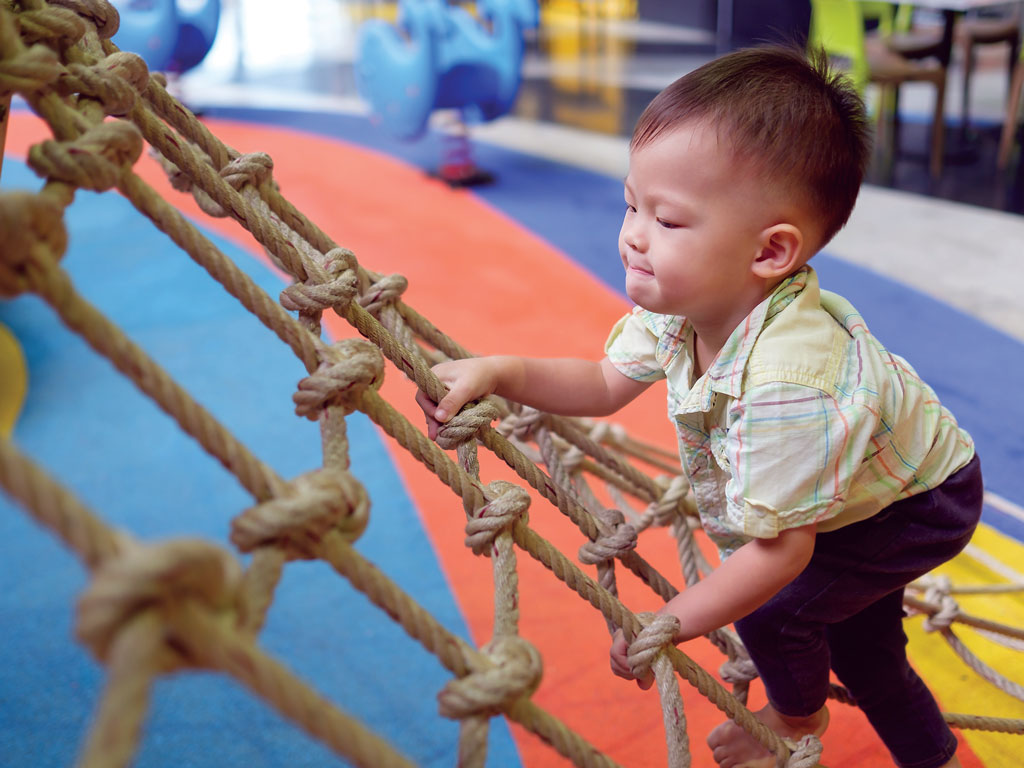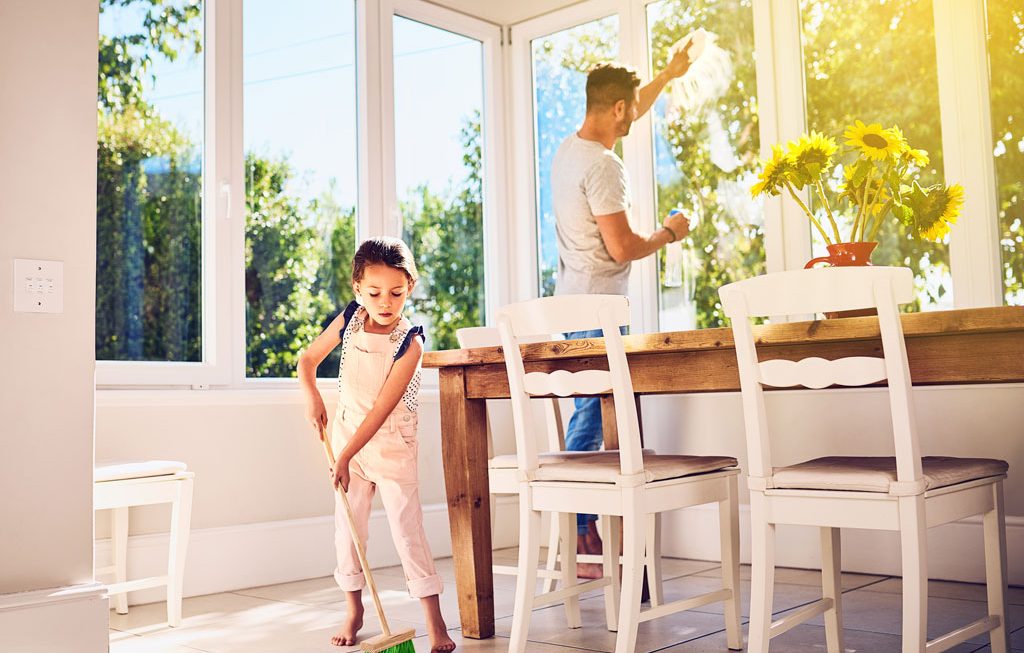Being conscious of whether you treat your child as your friend or someone who needs to obey you “or else” will impact your child’s self-worth, limiting beliefs and how they treat others. Discovering your parenting style can be insightful. I created an online course: “Breaking the Cycle of Anxious Parenting: Simple Strategies Raising Teens” to help parents engage in happier communication and learn simple secrets to emotionally connect with their teen. Parenting styles affect discipline, communication and beliefs since a teen’s brain seems to ride an endless emotional rollercoaster. Practicing an effective parenting style can shift your mindset resulting in minimizing conflicts, accessing peace, and learning to trust your teen’s journey. My online course is available at my website: www.lettinggowithaloha.com.

Many parents repeat a similar parenting style their parents implemented. Recent studies have shown that the way children are raised may cause future relationship struggles in their adulthood. If they learn that it is vital to be reminded of what they “should” do, they may replicate that belief system. Often when we feel the need for assurance that we’re making the “right” decisions, our self-esteem may be weakened. Self-esteem affects not only what we think, but also how we feel and behave. It can affect our happiness and question our decisions.

Here’s a brief explanation of each parenting style: Permissive parenting is sometimes known as indulgent parenting because these parents make relatively few demands on their children. They feel the need to please their child, to avoid arguments by keeping the peace which often means giving in to their child’s demands. Parents tolerate their child even when the child is in the wrong.
There are no consistent rules, so children often feel that their parents are more of a friend rather than a parent. Children of permissive parents may exhibit negative behaviors at school, such as acting out and delinquency. Because they have little structure at home, they may respond negatively when teachers enforce rules and limits. Parents are loving but try to solve their children’s problems to avoid seeing their children struggle.
Authoritarian parents have very high expectations for children with a lack of feedback. Parents may use this style because of their cultural background, their personality, or their own upbringing. They may not recognize their own behavior because it is simply how they were raised, and they don’t know any other way of responding. Family rules are strictly enforced and even the slightest deviation can result in a stern scolding and the loss of privileges. The lack of a warm and nurturing environment makes it difficult for children to be comfortable expressing their feelings. Parents believe that when they ask their children to do something, and they ask why, they say, “because I said so,” or “because I want you to do it.”
Democratic parents promote emotional connection, foster confidence, and build courage. Rather than running the show (authoritarian) or letting the child run the show (permissive), democratic parenting is based on respect for both the parent and the child. There are clear rules and consequences. Parents guide their child’s development in an accepting but steady manner while fostering a climate that fosters cooperation, fairness, and mutual respect. Children learn to make decisions independently under their parents’ guidance and develop confidence. Democratic parenting involves kids in decision-making and gives them enough freedom in making choices. Dr. Betty Lou Bettner and Amy Lew, authors of “Raising Kids Who Can” describe the “The Crucial C’s”: Every child craves a sense of connection, feeling capable, having courage, and feeling like they count.
Some parents practice “Pendulum Parenting” which involves switching between permissive and authoritarian. They start off permissive until things become challenging. Then parents swing in the opposite direction, becoming authoritarian, because nothing seems to happen until they show that they “mean business.” This causes confusion since the lack of a consistent parenting style sends conflicting messages to children.
When parents overcompensate and lack consistency, children are unsure of what to expect. Will they be praised and feel loved only when they follow rules? If they don’t follow rules, and consequences are not carried out, will they lack discipline in the future? Just being conscious of how we respond and react to our children helps us monitor our parenting style.

Ultimately, the best parenting style is democratic as this type of parenting focuses on building strong parent-child relationships. Children learn to be self-confident while feeling worthy, heard, and understood. Confidence helps children feel ready for life’s experiences. When we’re confident, we’re more likely to move forward with people and opportunities instead of backing away from them. If things don’t work out at first, confidence helps us try again. Confidence helps us navigate relationships, persevere through challenges, and take healthy risks to pursue our dreams.





